I’m back from my holiday in Scarborough – and what a wonderful town it is; it’s easy to see why it held such appeal for Anne Brontë. In today’s new post we take a look at a special anniversary this week for Anne’s beloved sister Emily Brontë.
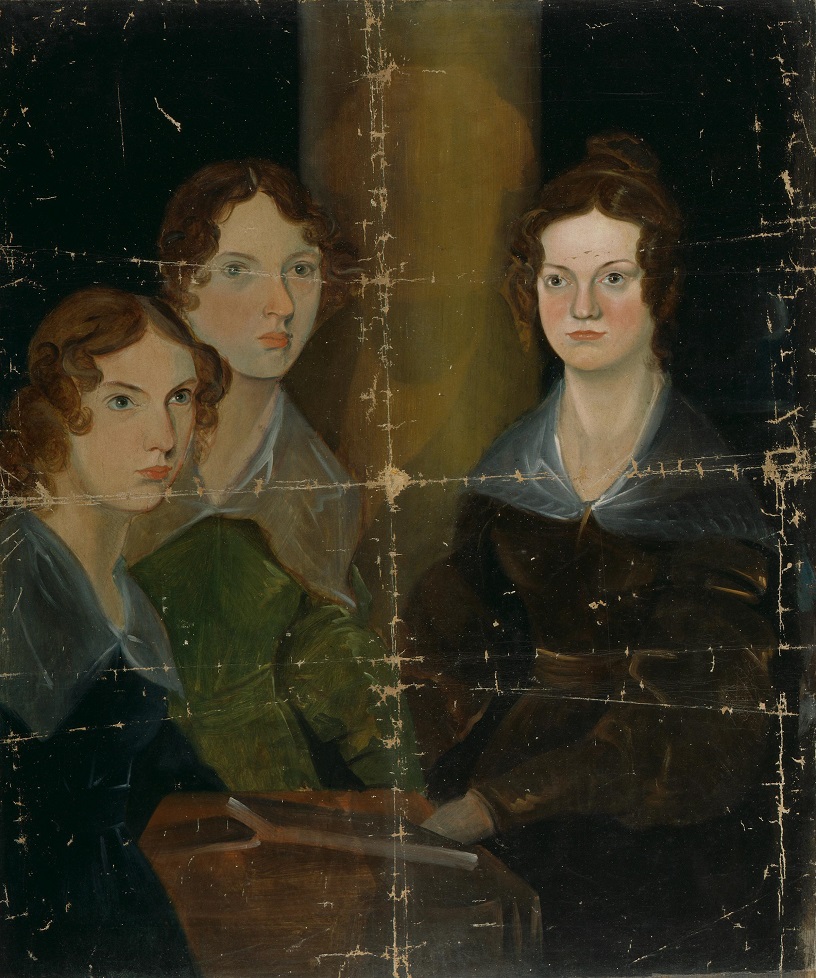
Emily wrote possibly the greatest novel of them all, Wuthering Heights, but her person has attracted almost as much legend as her novel. Today many people see Emily as aloof, mystical, a creature completely at one with nature. Certainly Emily was very shy, but was there more to her than that? The 30th of July marked the 203rd birthday of Emily Brontë, so let’s celebrate by looking at what the people who actually met and knew Emily actually thought of her. Here are some illuminating first person accounts of Emily Brontë:
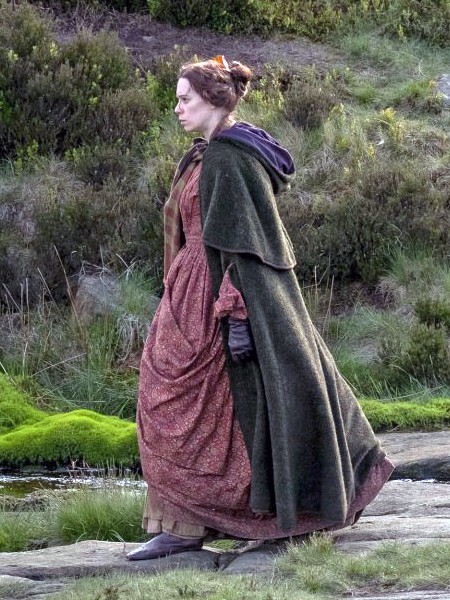
Constantin Heger
‘She should have been a man – a great navigator. Her powerful reason would have deduced new spheres of discovery from the knowledge of the old; and her strong, imperious will would never have been daunted by opposition or difficulty; never have given way but with life.’
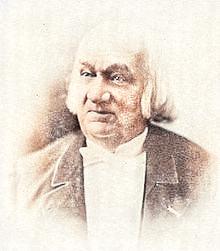
A Haworth Church-goer
‘Emily made a lasting impression. One who saw her many times told of “the stolid stoical manner of Emily as she sat bolt upright in the corner of the pew, as motionless as a statue. Her compressed mouth and drooping eyelids, and indeed her whole demeanour, appeared to indicate strong innate power”.’
Sarah Wood
‘“And Miss Emily?” Miss Parry asked. “Oh, you see, ma’am, I don’t know much about Miss Emily, she was very shy; but Martha loved her: she said she was so kind.”’
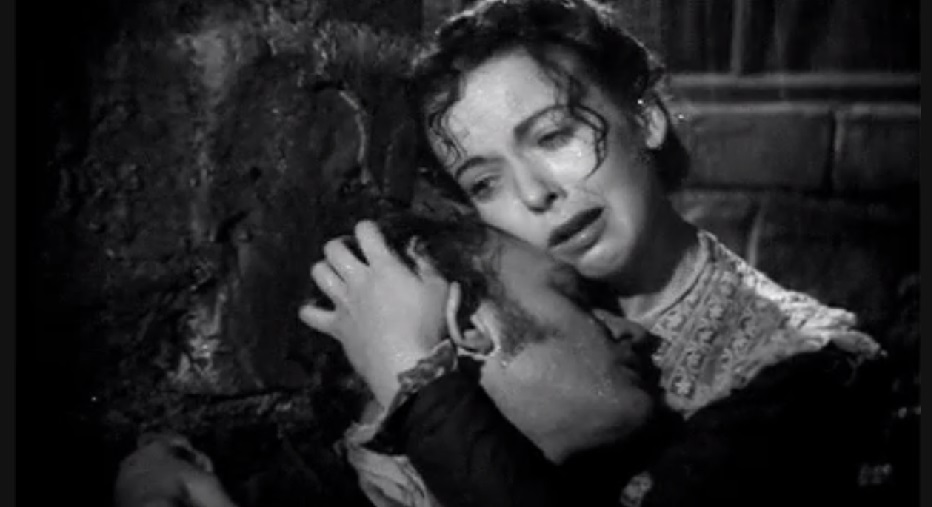
Tabitha Ratcliffe
‘I believe Charlotte was the lowest and the broadest, and Emily was the tallest. She’d bigger bones and was stronger looking and more masculine, but very nice in her ways.’
John Greenwood
‘Patrick had such unbounded confidence in his daughter Emily that he resolved to learn her to shoot too. They used to practice with pistols. Let her be ever so busy in her domestic duties, whether in the kitchen baking bread at which she had such a dainty hand, or at her studies, rapt in a world of her own creating – it mattered not; if he called upon her to take a lesson, she would put all down. His tender and affectionate “Now, my dear girl, let me see how well you can shoot today”, was irresistible to her filial nature and her most winning and musical voice would be heard to ring through the house in response, “Yes, papa” and away she would run with such a hearty good will taking the board from him, and tripping like a fairy to the bottom of the garden, putting it in its proper position, then returning to her dear revered parent, take the pistol which he had primed and loaded for her. “Now my girl” he would say, “take time, be steady”. “Yes papa” she would say taking the weapon with as firm a hand, and as steady an eye as any veteran of the camp, and fire. Then she would run to fetch the board for him to see how she had succeeded. And she did get so proficient, that she was rarely far from the mark. His “how cleverly you have done, my dear girl”, was all she cared for. “Oh!” He would exclaim, “she is a brave and noble girl. She is my right-hand, nay the very apple of my eye!”’
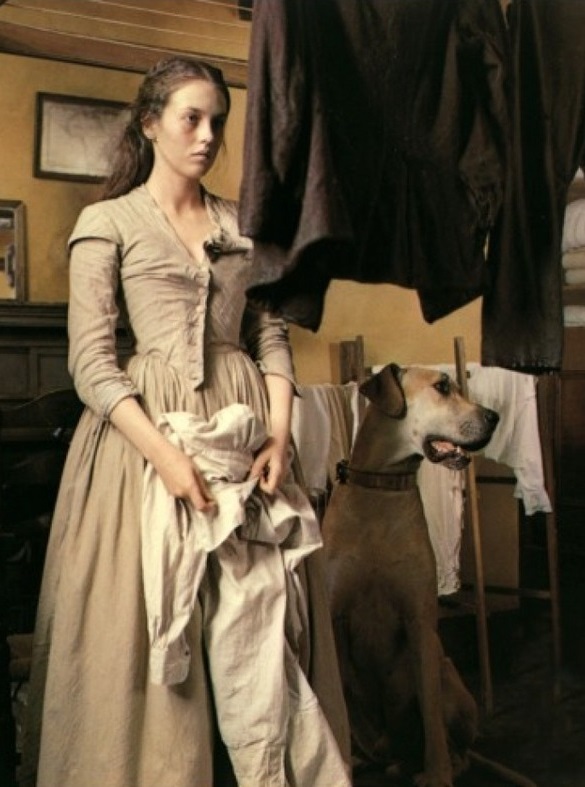
Ellen Nussey
‘Emily had by this time acquired a lithesome, graceful figure. She was the tallest person in the house, except her father. Her hair, which was naturally as beautiful as Charlotte’s, was in the same unbecoming tight curl and frizz, and there was the same want of complexion. She had very beautiful eyes, kind, kindling, liquid eyes; but she did not often look at you: she was too reserved. She talked very little. She and Anne were like twins – inseparable companions, and in the very closest sympathy, which never had any interruption.’
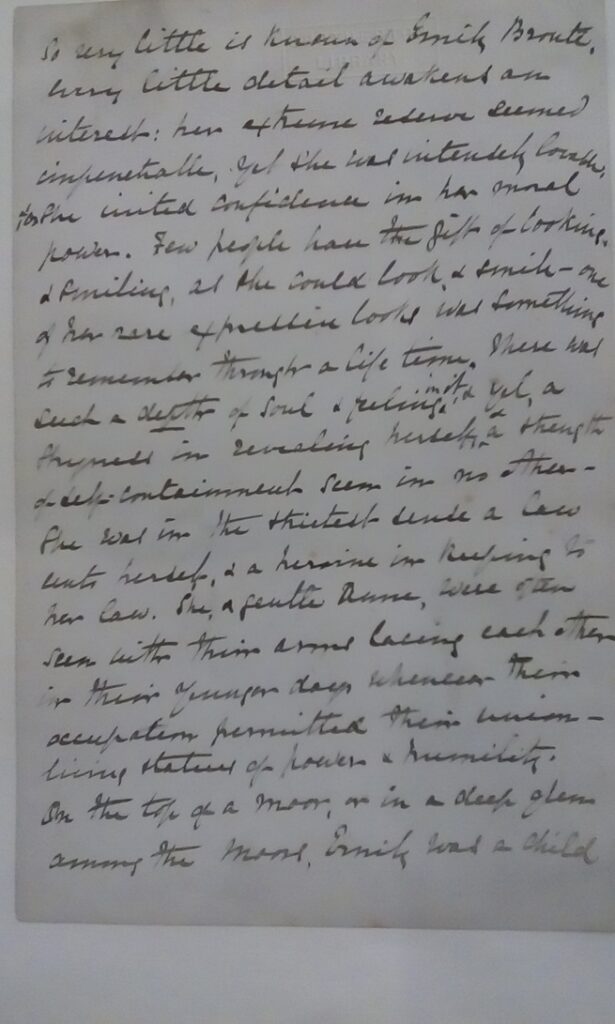
‘Her extreme reserve seemed impenetrable, yet she was intensely loveable. She invited confidence in her moral power. Few people have the gift of looking and smiling, as she could look and smile – one of her rare expressive looks was something to remember through life, there was such a depth of soul and feeling, and yet shyness of revealing herself, a strength of self-containment seen in no other. She was in the strictest sense a law unto herself, and a heroine in keeping to her law.’
‘A spell of mischief also lurked in her [Emily] on occasions. When out on the moors she enjoyed leading Charlotte where she would not dare to go of her own free will. C. had a mortal dread of unknown animals and it was Emily’s pleasure to lead her into close vicinity and then to tell her of what she had done, laughing at her horror with great amusement.’
‘She could be really vivacious in conversation, taking pleasure in giving pleasure.’
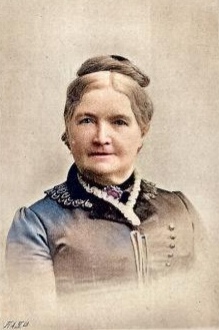
‘I have at this time before me the history of a mighty and passionate soul, whom every adventure that makes for the sorrow or gladness of man would seem to have passed by with averted head. It is of Emily Brontë I speak, than whom the first 50 years of this century produced no woman of greater or more incontestable genius.’
Martha Brown
‘Many’s the time that I have seen Miss Emily put down the tally-iron as she was ironing the clothes to scribble something on a piece of paper. Whatever she was doing, ironing or baking, she had her pencil and paper by her. I know now that she was then writing Wuthering Heights. Poor Emily, we always thought her to be the best-looking, the cleverest, and the bravest-spirited of the three. Little did we dream that she would be the first to be taken away.’
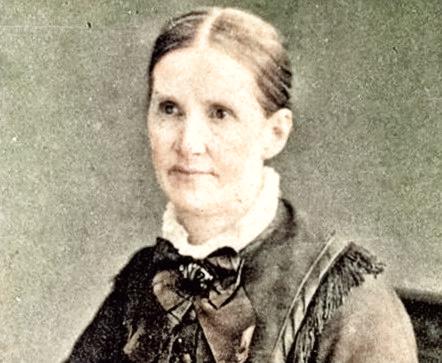
Charlotte Brontë
‘In Emily’s nature the extremes of vigour and simplicity seemed to meet. Under an unsophisticated culture, inartificial tastes, and an unpretending outside, lay a secret power and fire that might have informed the brain and kindled the veins of a hero.’
Now we see a different picture of Emily Brontë, a truer one because these descriptions come from those who were lucky enough to know her. We see that Emily was shy, without doubt, but that she also enjoyed playing jokes and could be very vivacious. She was noted not only for her practical skills in life, such as baking, but for her kindness and for her loving nature. Above all, those who knew Emily Brontë knew that they were in the presence of someone completely unique, a one-off genius.
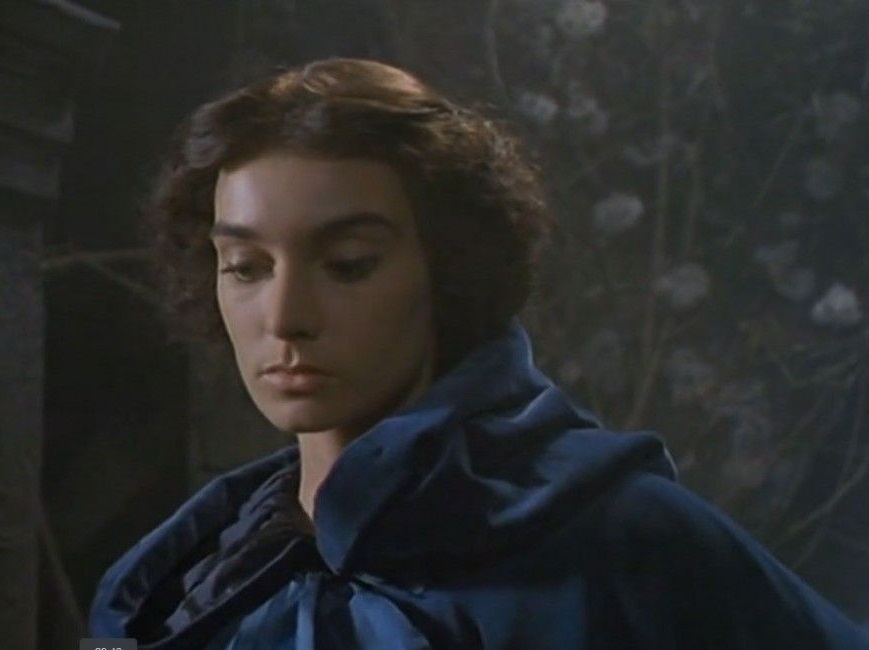
Happy belated birthday Emily Brontë, and Happy Yorkshire Day to all those who share with me in hailing from this wonderful county that gave us the inimitable Brontës. I hope to see you again next week for another new Brontë blog post.
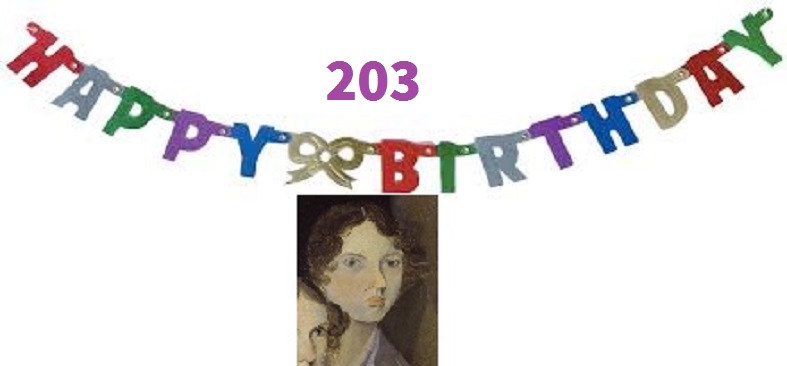
I have read that all of the Brontë girls (? First two) could have suffered from Asperger’s syndrome, apparently a genetically determined condition. Can the sisters’ almost pathological shyness (lots of examples) be explained. Emily was smart enough and impressive but didn’t someone in Belgium suggest that Charlotte visit unaccompanied bc Emily was so antisocial?
As always, a feast of a post!